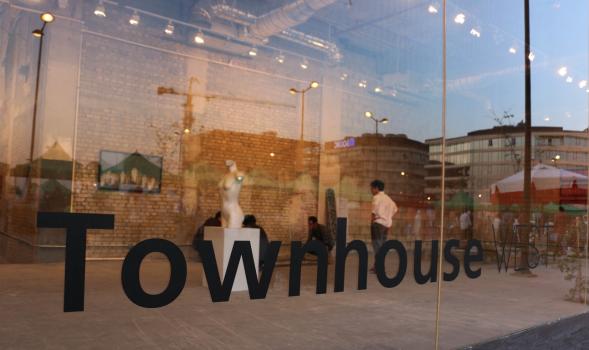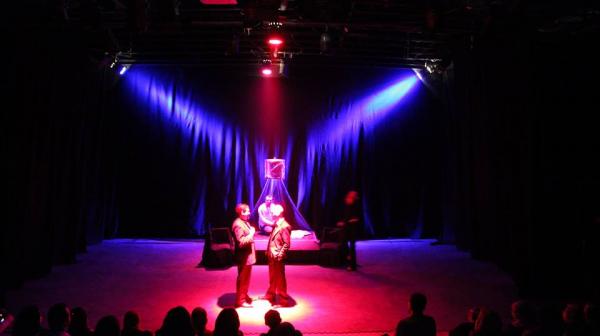Art World
Egypt Imposes Draconian Conditions on Cairo Arts Non-Profit to Allow Its Reopening
The non-profit was shut down by the authorities in December.

The non-profit was shut down by the authorities in December.

Henri Neuendorf

After being shut down by the state censorship bureau in an interagency raid at the end of 2015, the Townhouse Gallery—one of the most significant Egyptian contemporary art non-profits—is preparing to reopen.
The space was targeted by plainclothes officials from the Censorship Authority, Tax Authority, National Security Agency, and the local office of the Ministry of Manpower on December 28, 2015. Over the course of 4 hours, officials detained and questioned employees and confiscated computers, documents, and office material. The government officials did not present ID’s or search warrants.
According to Mada Masr, Townhouse Gallery staff resumed work this past Tuesday, reopening for two weeks to meet the conditions imposed by the municipality, which include new permits and compliances.
“On 02/15/2016, an agreement was reached with the West of Cairo municipality concerning the possibility of opening the Townhouse spaces temporarily,” the non-profit announced on its Facebook page. “This would provide a period of reviewing the civil protection laws and the completion of procedures newly required by the government. Therefore, we are unable to schedule programs for the time being.”

The Townhouse Gallery operates several spaces throughout Cairo.
Photo: The Townhouse Gallery, Cairo via Facebook.
Last Wednesday, the gallery was formally charged with one regulatory breach, the Guardian reports, and staff believe more charges have been delivered to the state prosecutor.
Now it has emerged that stringent censorship controls are being imposed on the influential non-profit.
“You have to submit what it is you’re going to hold a workshop on, what the discussion will be about—ultimately we’re looking at forms of control,” Townhouse Gallery director William Wells explained. “It’s a matter of being able to control the activities and programming that take place—music, performances, talks, visual art.”
Wells added that the conditions amount to “a means to control freedom of expression.”
The municipality also demanded safety changes, including the fitting of fire sprinklers throughout the gallery’s five spaces. “To install this in our spaces would cost so much it ensures the space stays closed,” Wells said, adding that such infrastructure wasn’t even in place in Cairo’s government buildings.

The Townhouse Gallery’s affiliated Rawabet Theater was also targeted in the raid.
Photo: The Townhouse Gallery, Cairo
The draconian measures are not only putting a strain on the gallery’s finances, employees are also struggling to introduce the regulatory and infrastructure changes within the allotted time. The gallery, however, remains optimistic, stating that “the Townhouse team will strive to resolve the ongoing situation as soon as possible.”
There has been an increase of state censorship of arts organizations across North Africa and the Middle East in recent months, including Lebanese authorities denying curator Christine Tohme a passport renewal and the closure of Istanbul’s SALT Beyoğlu art center.